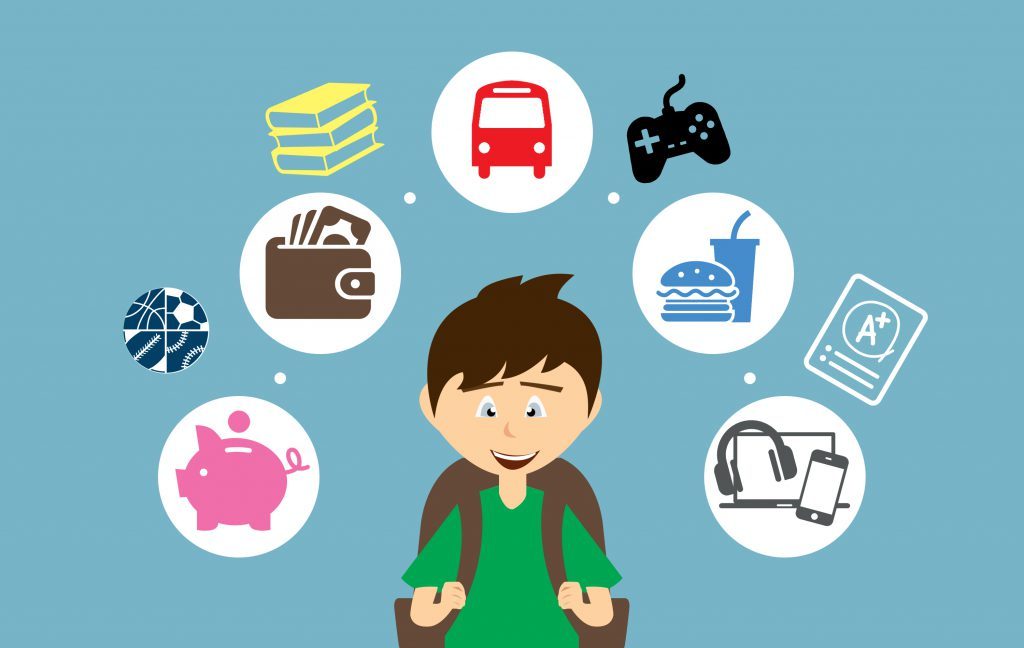5 Important Budgeting Tips Beginners Need to Know
Dec 27
At the heart of every successful financial plan, from a globe-trotting entrepreneur to the working everyman, is budgeting.
Knowing where your money is going and how much of it is left after every expense is not only a necessity if you want to be able to handle your finances, but also allows you to know what you’re doing and whether the decisions you make are good ones.
This applies not just when it comes to achieving a goal (i.e. buying something expensive, going on a vacation), but also as a habit in general.
1. Employ the 50-30-20 rule.
Fifty percent of your monthly budget goes to your basic utilities (i.e. rent, electricity, gas, Wi-Fi, insurance) and daily expenses, twenty percent goes to your savings, and that remaining thirty percent goes to your discretionary fund.
Your discretionary fund should be what you use whether you go shopping, eating out, or hanging out with friends. As much as possible, don’t go over it, and try to deposit whatever is left to your savings.
2. Balance your expenses on a spreadsheet.
While this may sound like additional homework, it never actually hurts to know what you have been spending on and how much of it is going there.
It’s so simple that you can even start with a simple sheet of paper or a notebook and write down what you spend on a regular basis. Once you compare them with your budget and calculate what is left after spending them, you’ll have a better grasp on where your money is going.
There are even programs that can help you with this, such as Microsoft Excel.
3. Create a back-up deposit.
While you think depositing your money in the bank is enough, there are times when you may be tempted to spend them, especially since you’re more inclined to spend when the money isn’t in your hand.
Consider this to be your “emergency” fund that you don’t touch unless absolutely necessary. You can even fill this by scraping up the loose change you might find in your pants pockets or somewhere else in your bag or purse.
4. Use cash.
This might be fine for most people who don’t use credit cards on a regular basis. However, people who rely on credit cards for the convenience may find their spending habits a little out of control. Using cash is a great way to reduce this spending and keep it to a minimum.
At the end of the day, it’s not about how much money you have from start to end, but knowing how to best allocate your budget for everything you do.




